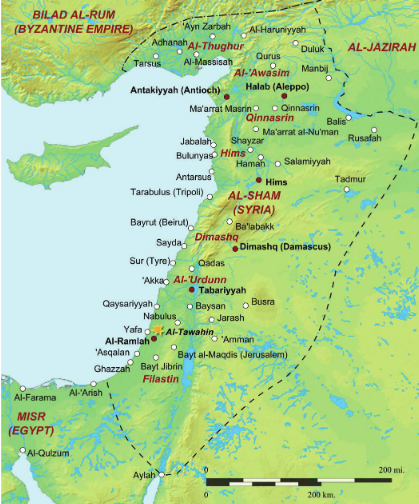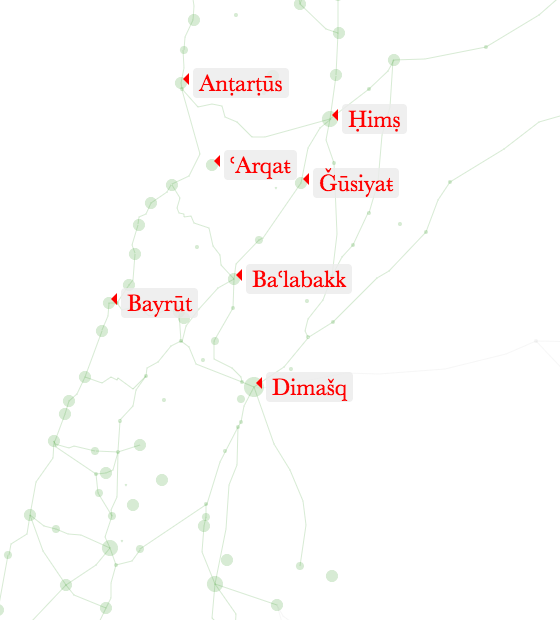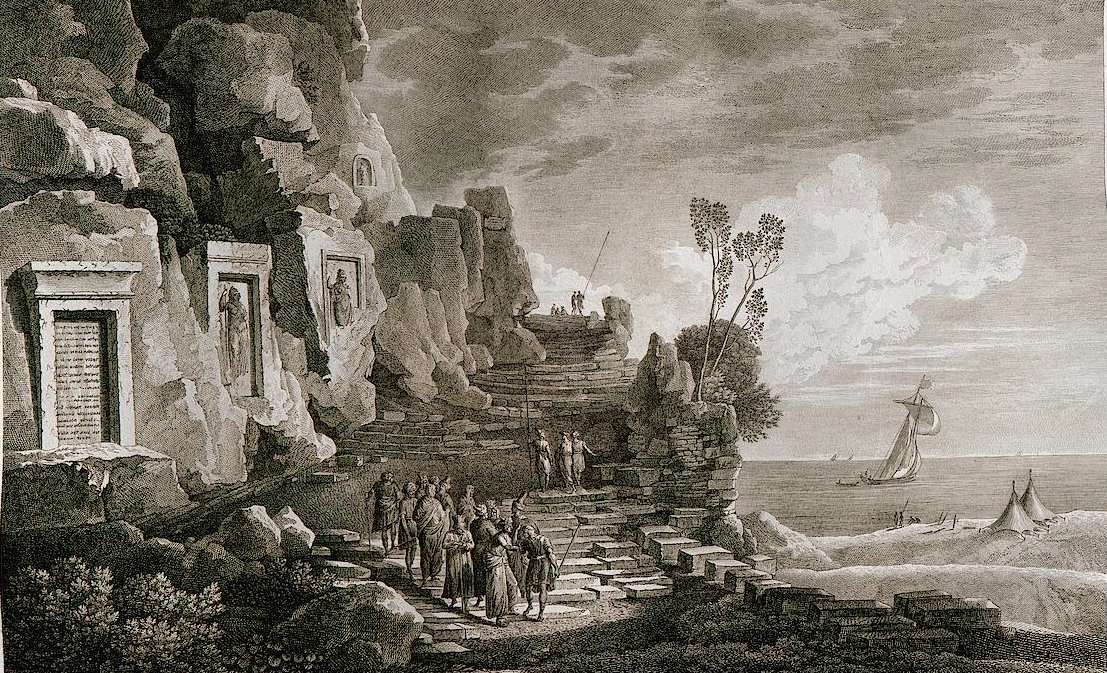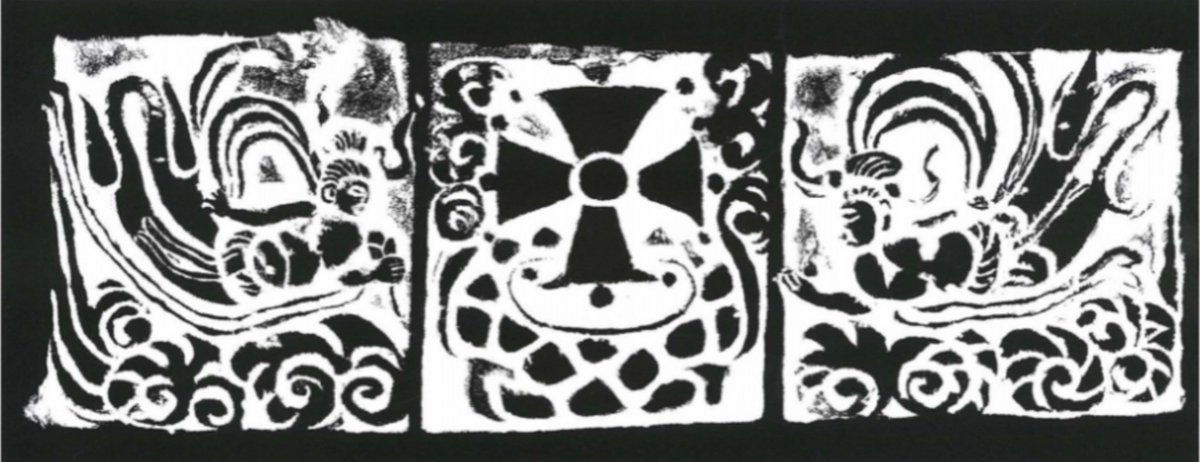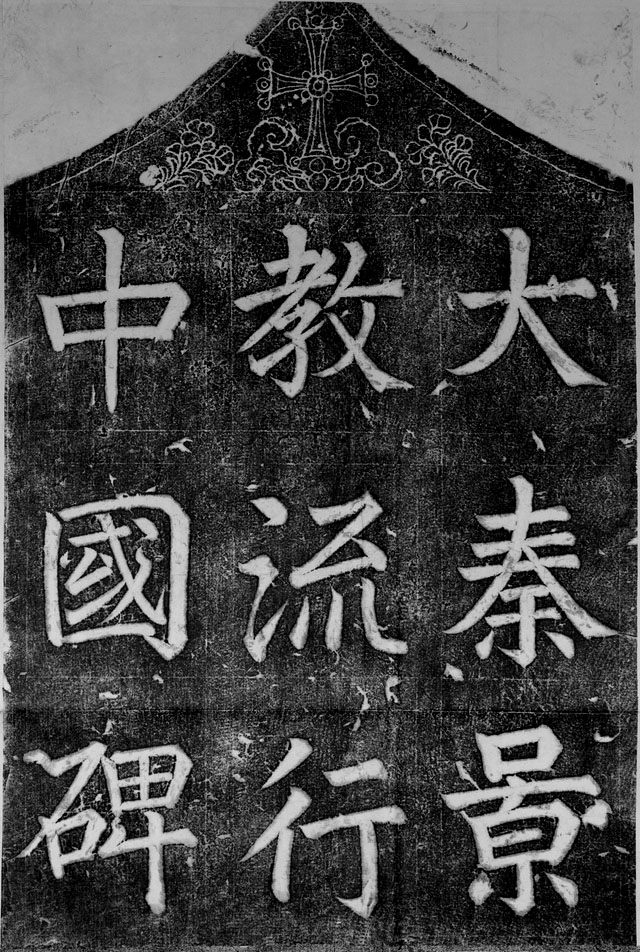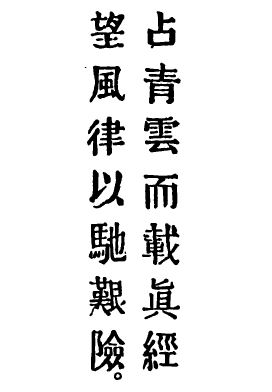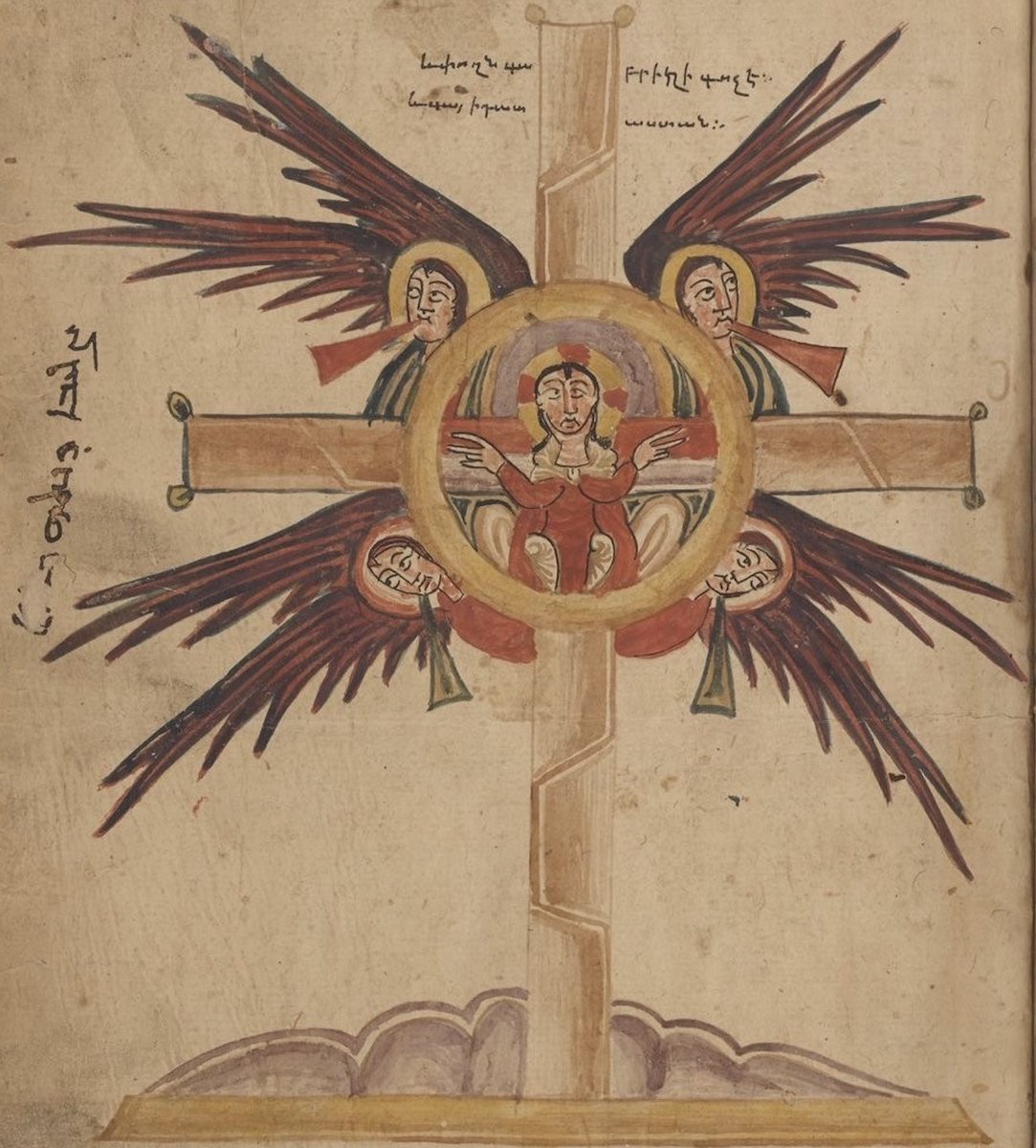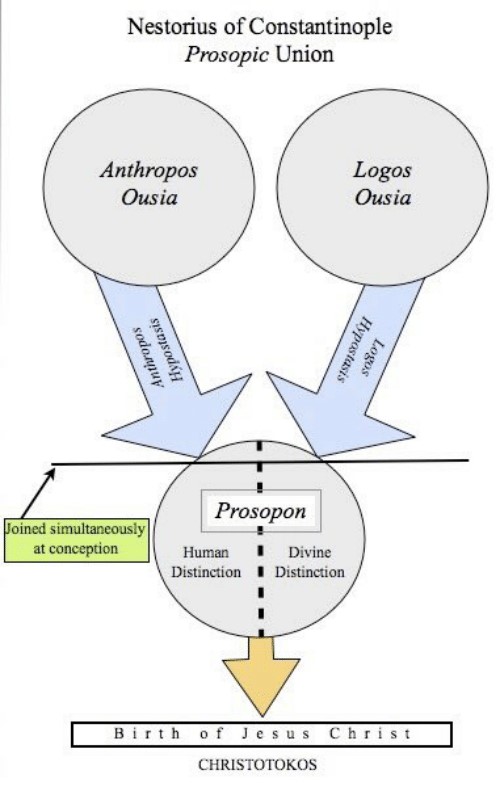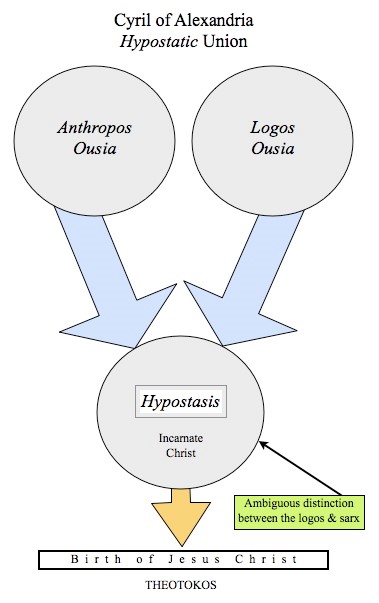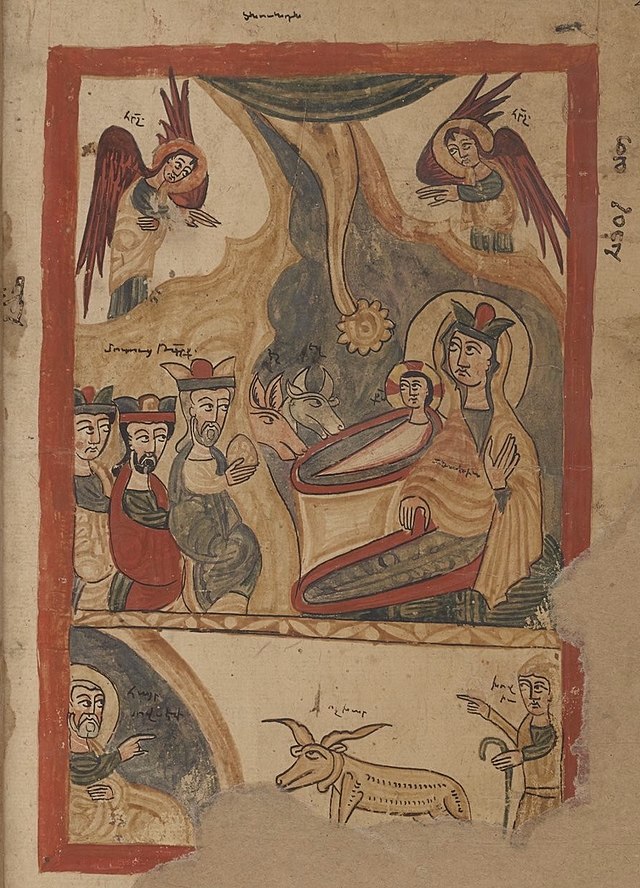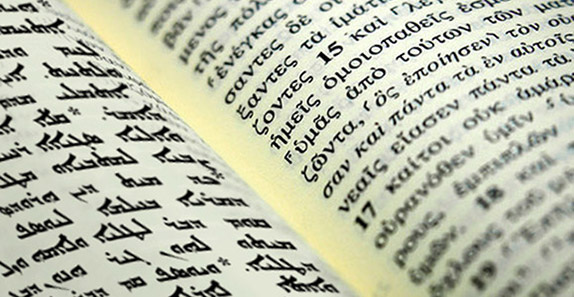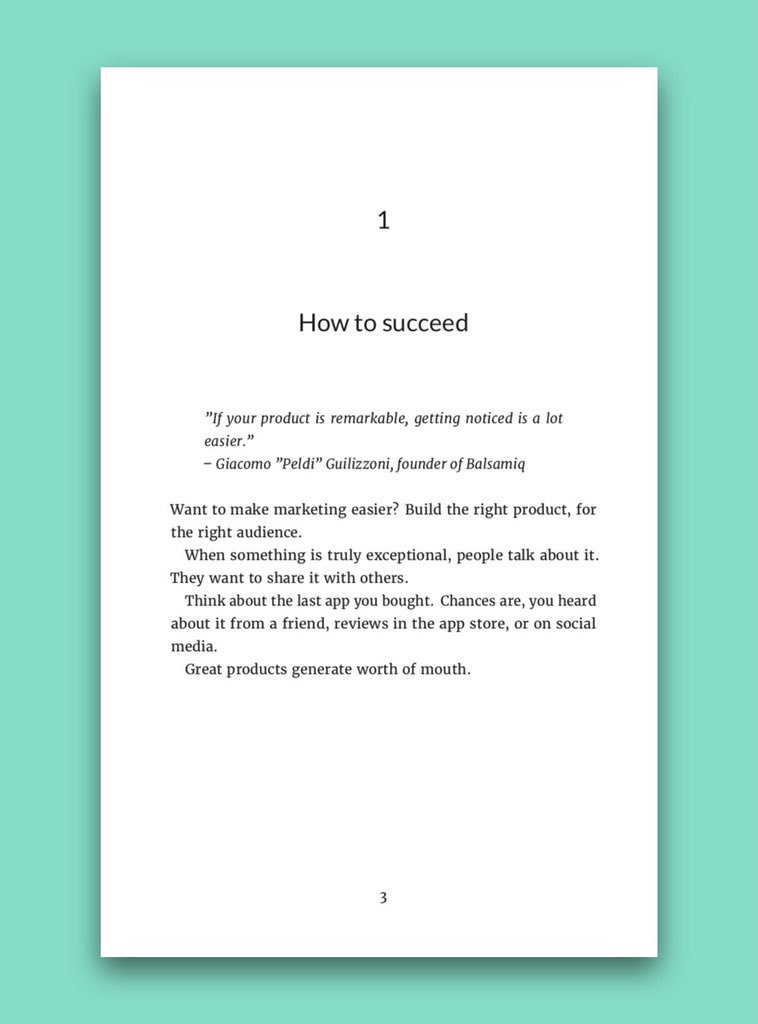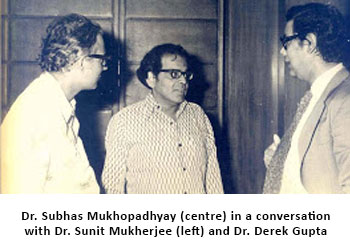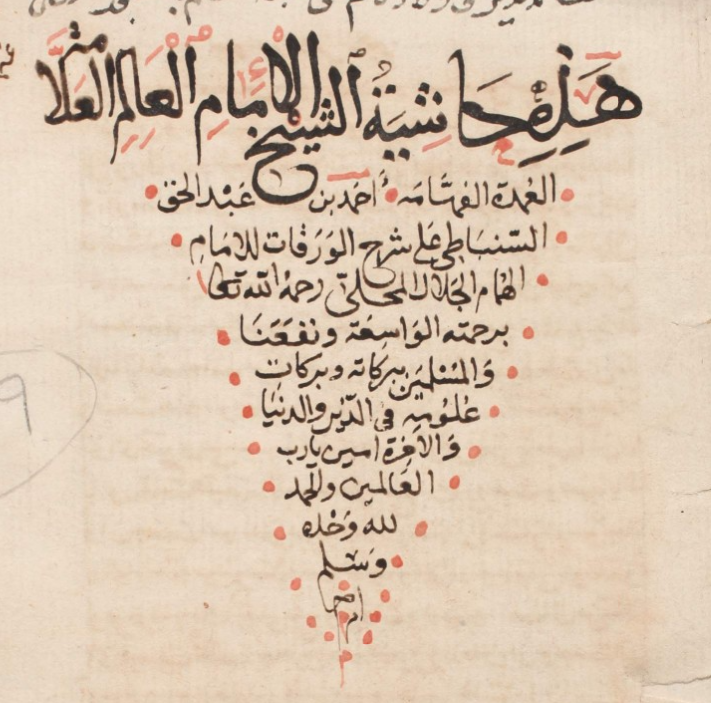
One key element of the Islamic intellectual tradition is the commentary. Commentaries on the Qurʼan (tafsīr) began early in Islamic history, but from about the 12th or 13th century, well into the 19th, commentaries on other scholarly texts became extremely common. -jm
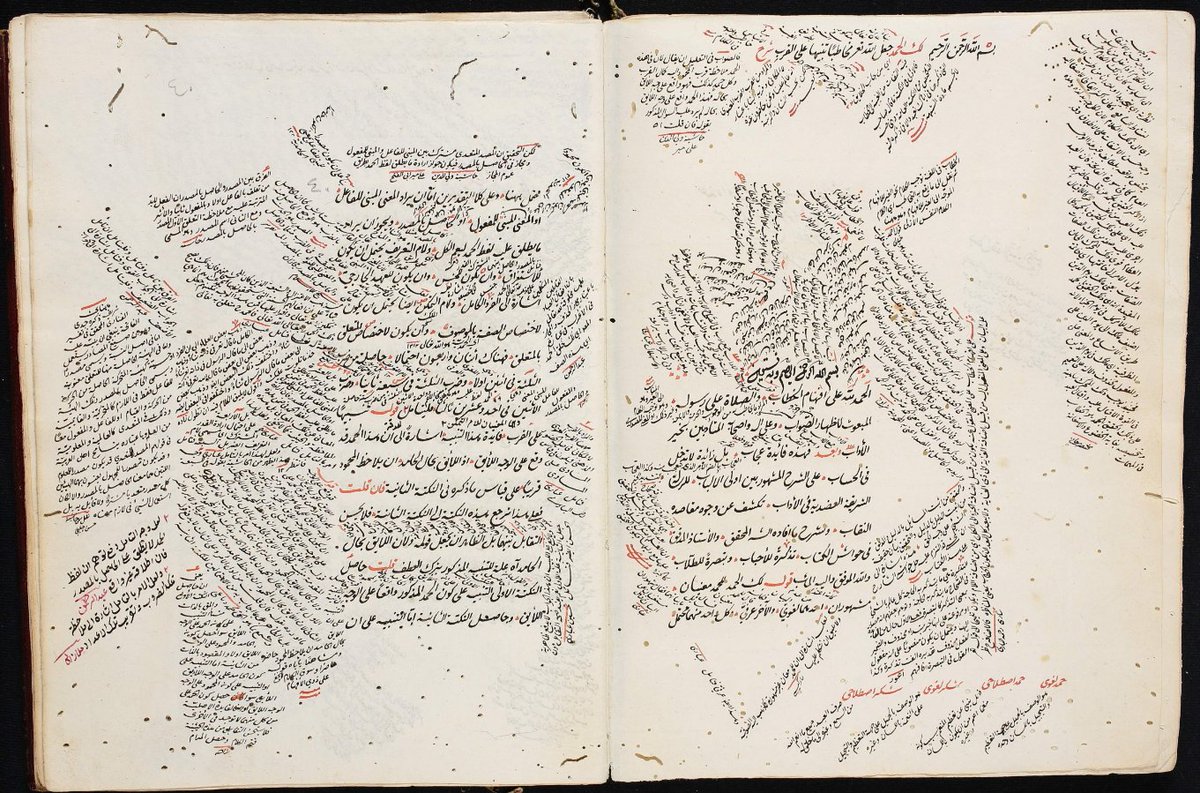

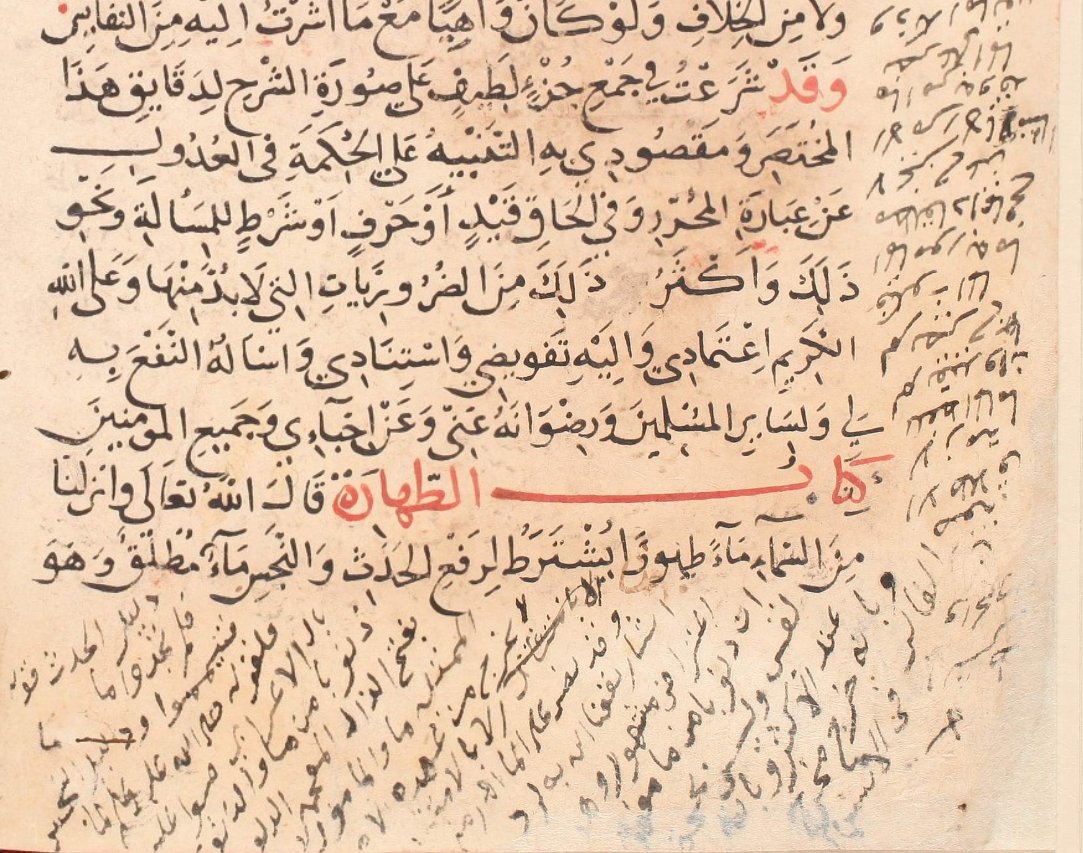
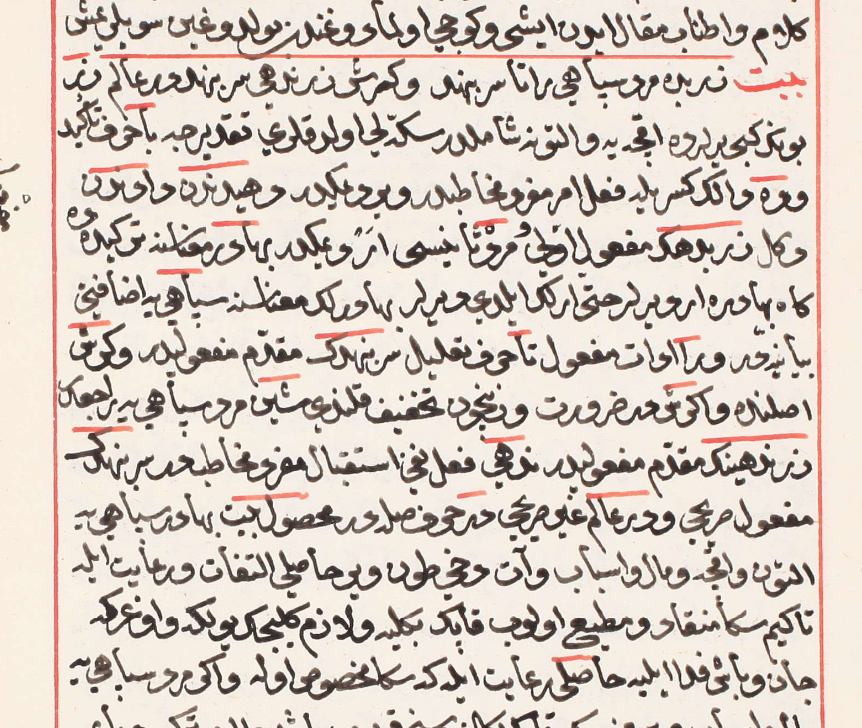
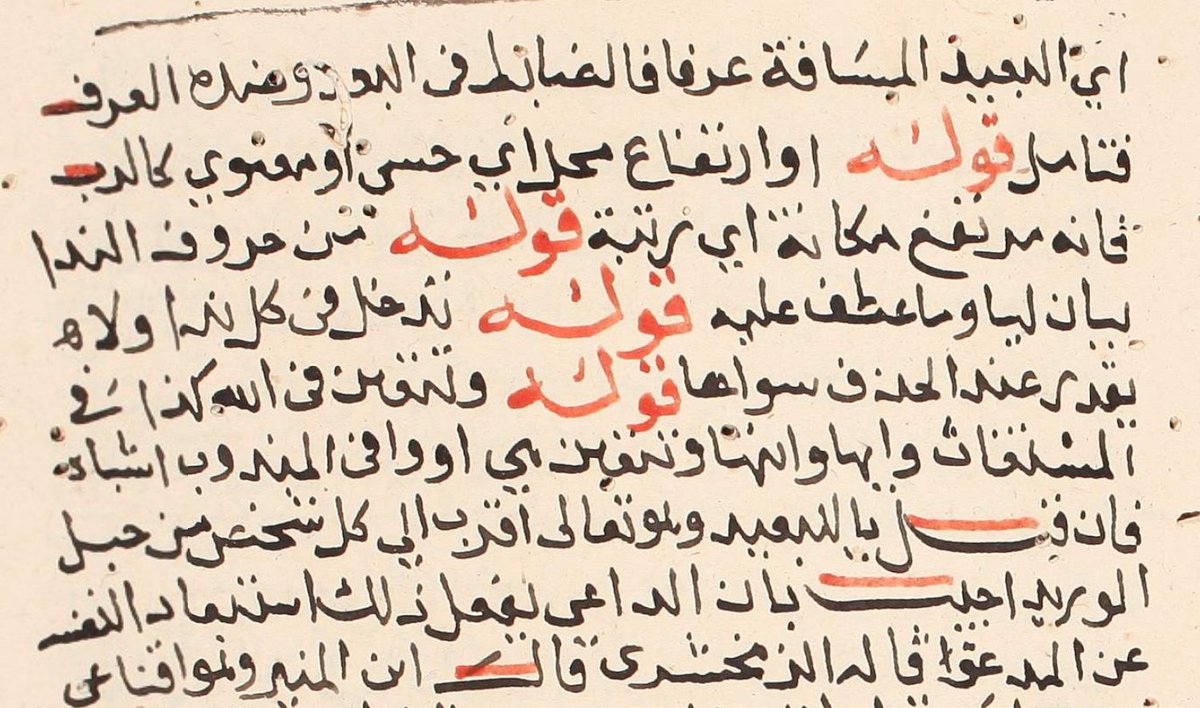
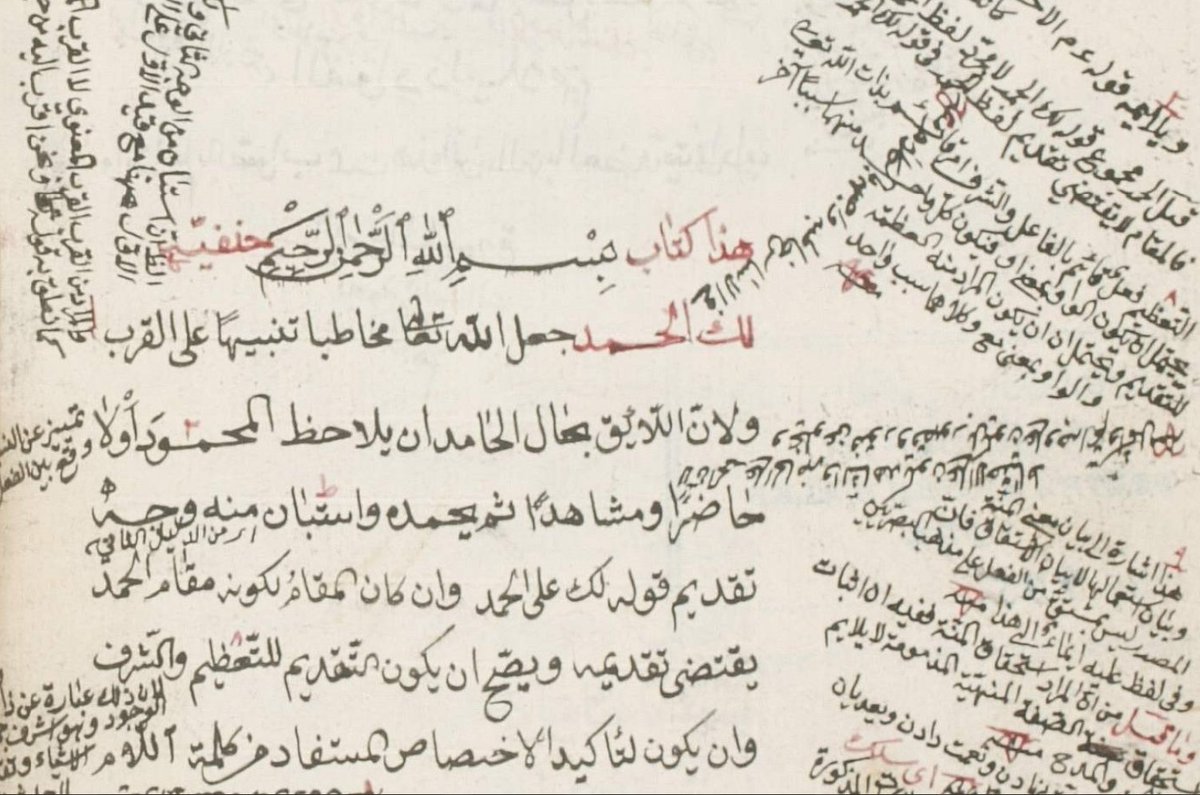
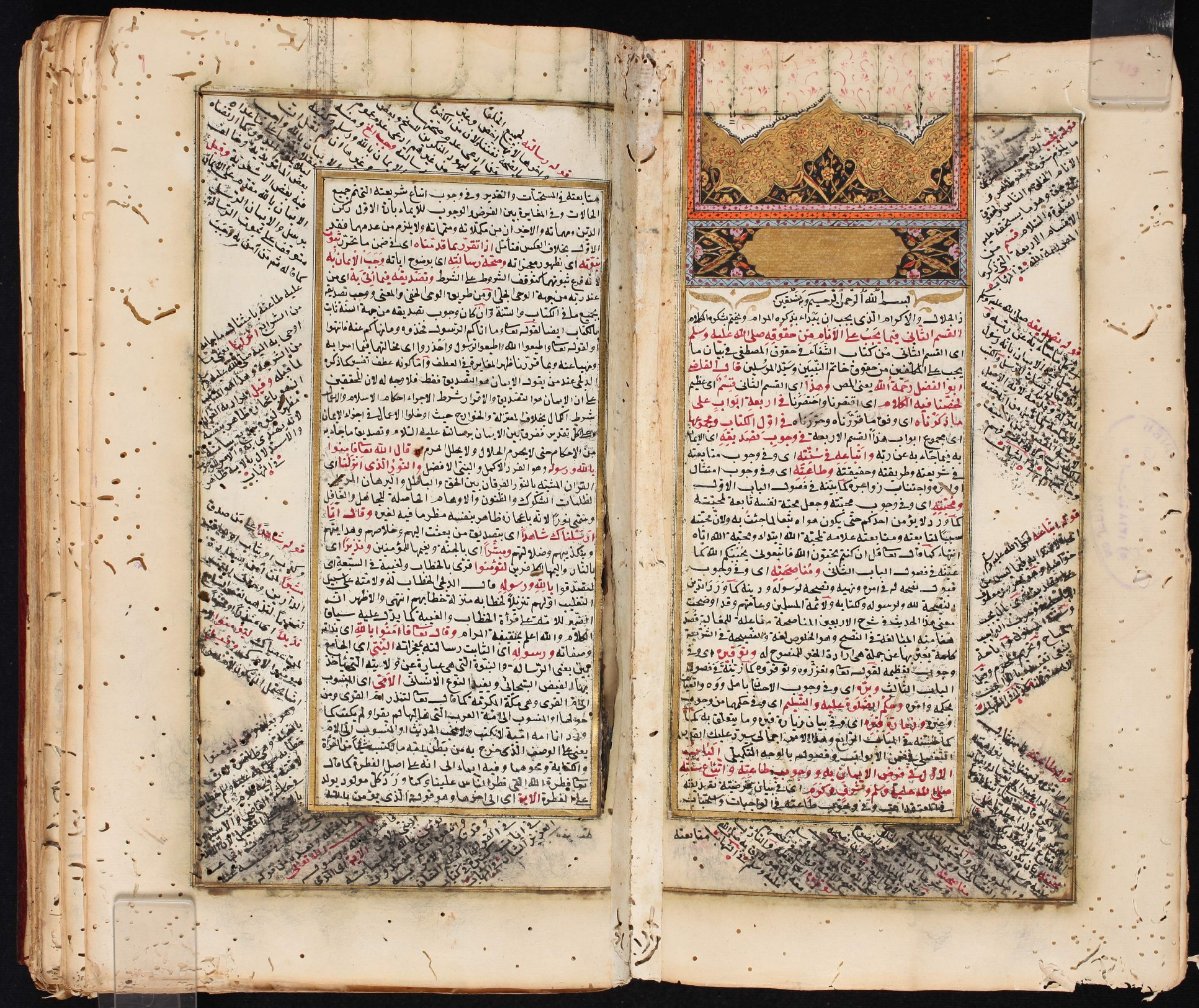
This structure is fairly consistent on texts and manuscripts that come later, once the basic elements of the scholarly tradition have reached some level of stability. But there are some early manuscripts that look quite different, and are much more dynamic. -jm https://t.co/Lr56FJ94U1
— Tweeting Historians (@Tweetistorian) January 13, 2021
More from Tweeting Historians
Budeiry Library (Jerusalem) MS 593 -jm
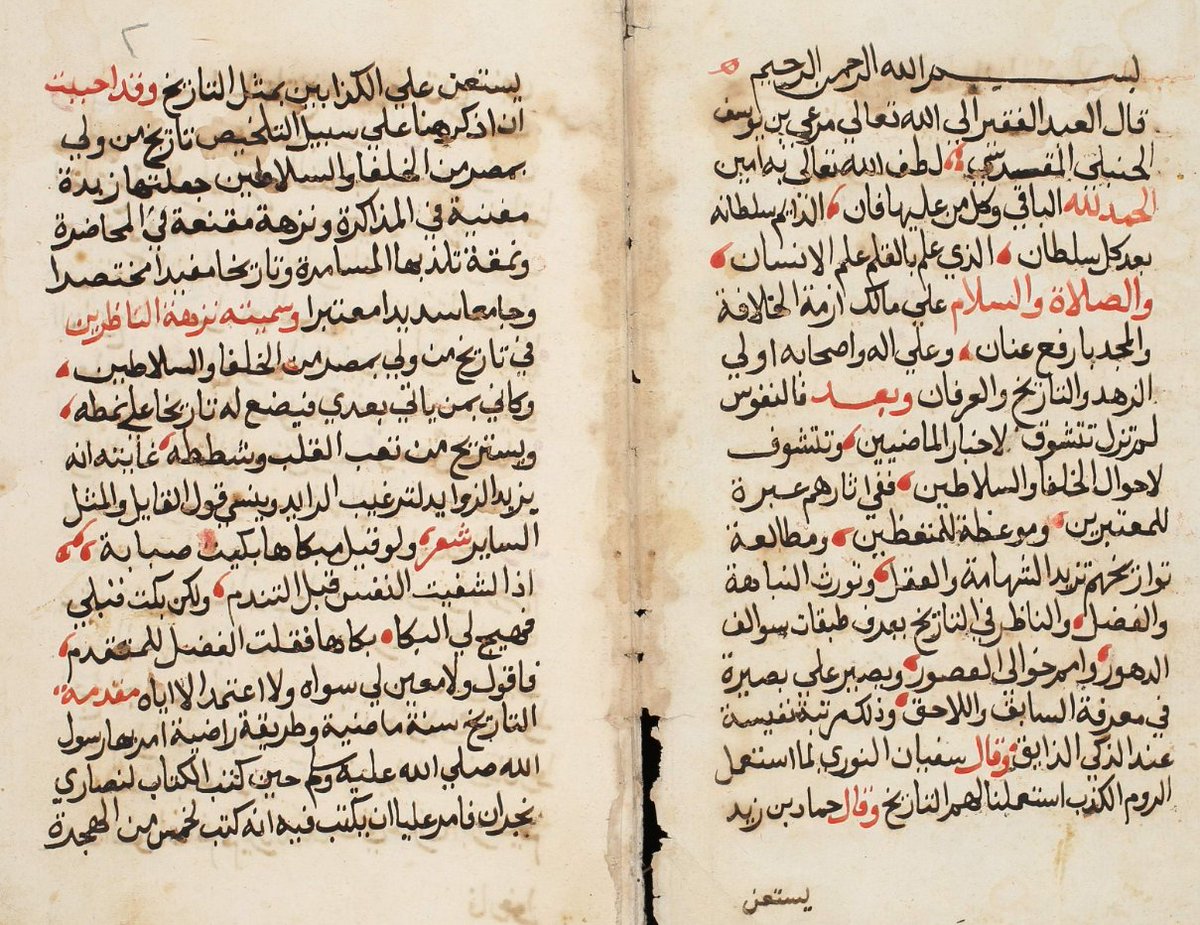
These texts have many elements designed to help the reader understand what they're saying, and choices by the scribe who copied the manuscript often help as well. Let's see what's here. -jm
First, almost every Islamic text begins with the invocation "in the name of God, the compassionate, the merciful." The wording is never changed, and it's always in Arabic, no matter what language the text is, although you might add phrases like "and we ask God for help." -jm
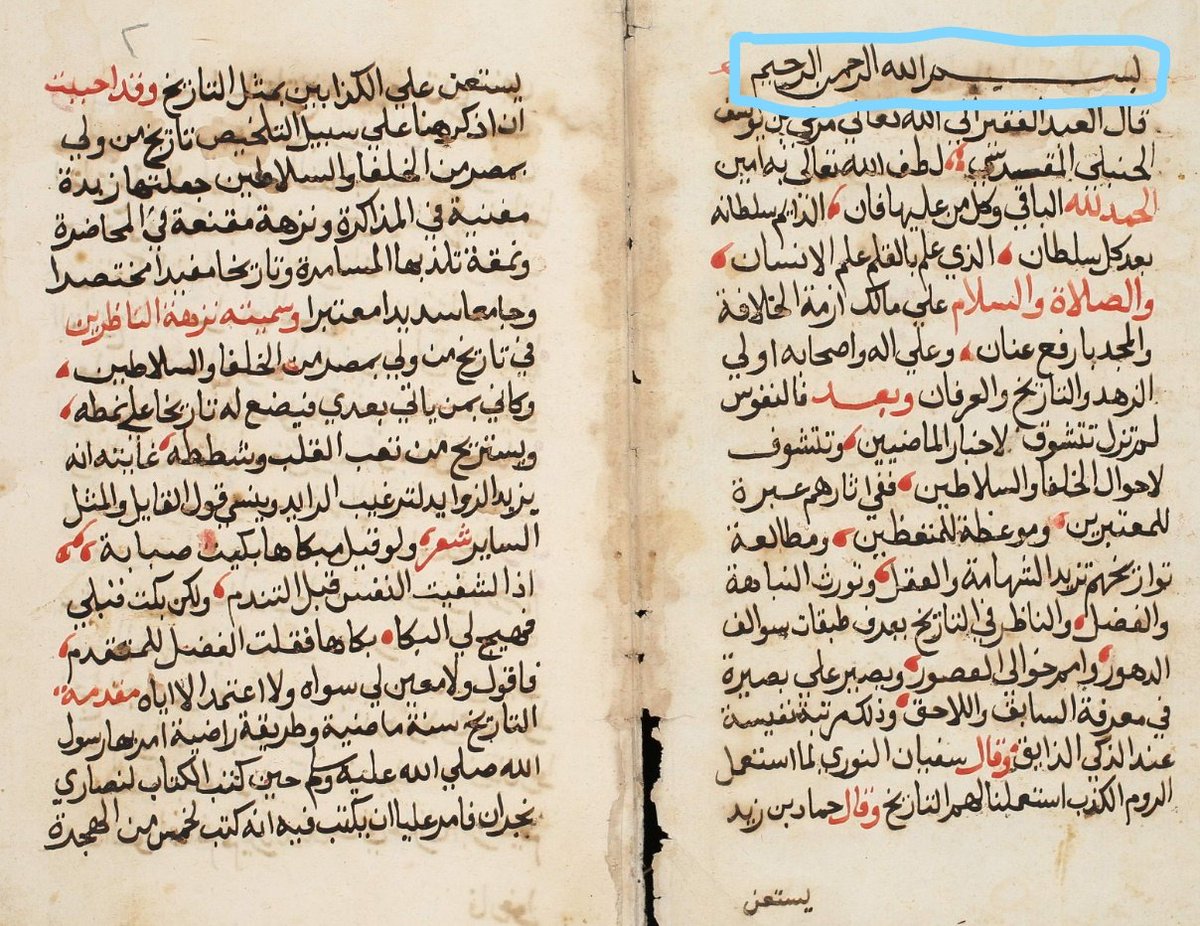
Christians were able to do more experimentation with their invocations, as you can see from the examples here. https://t.co/wEPWRitCWA -jm
These little prayers are fun pic.twitter.com/hJYk2M01bO
— Josh Mugler (@J_mugs) February 16, 2019
After the invocation (basmalah), you might have what this text has, which is an introduction of the author in the form "the poor slave of God [so-and-so] said..." often followed by a quick prayer for the author. -jm
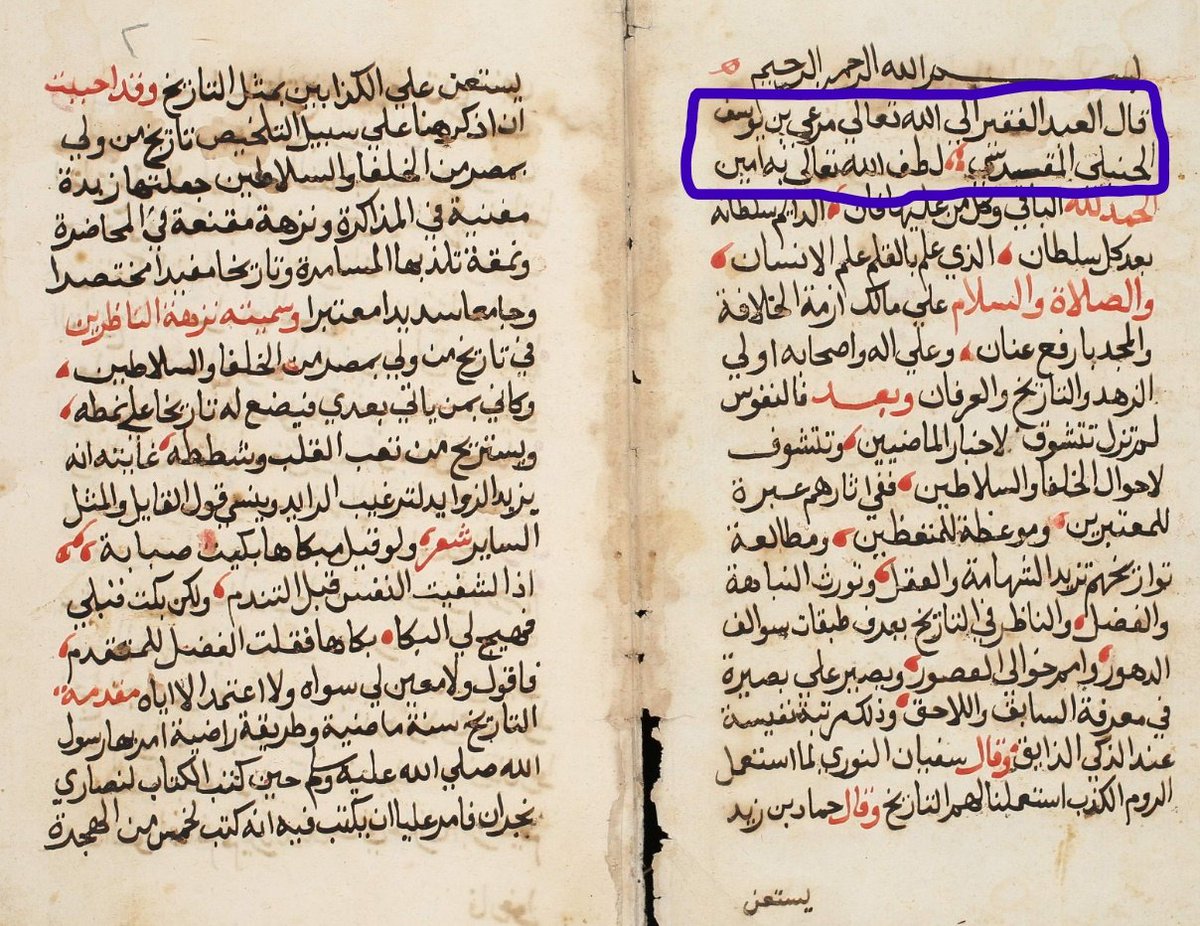
More from Religion
The full story of || Dhruv ||
We’ll see How Dhruv occupied a fixed position in the northern sky?
I repeat “Untold Unsung now Unearthed”
Go through entire thread carefully.
OM NAMO BHAGWATE VAASUDEVAAY
RT & spread the knowledge.
Any questions use #AskPratz

.... continuing from previous thread/story
O prince! Thus concentrate on that omnipotent eternal Lord with the mantra - ‘OM NAMO BHAGWATE VAASUDEVAAY’ .
https://t.co/H62ehDT3ix
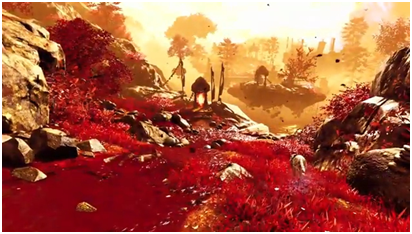
So you too go and recite the same mantra in order to please Lord Vishnu.
— Prateechi \U0001f6eb\u2708\ufe0f\U0001f6e9\ufe0f (@BahuRaani) February 6, 2021
\u2026To be continued
It\u2019s a beautiful long story. Read it to your loved ones.
(Next Weekly Thread)
We\u2019ll see How Dhruv occupied a fixed position in the northern sky?
Stay Tuned
Jai Maa
_/\\_ pic.twitter.com/7TxdNsoZes
The prince Dhruv greeted the sages and continued on his journey. At last, he reached a beautiful forest Madhuvan on the bank of the river Yamuna. It was the same forest, which was later occupied by a demon Madhu.

Shatrughana, the youngest brother of Sri Rama had killed demon Lavan, son of Madhu in the same forest & founded the township of Mathura. In the same forest, prince Dhruv decided to carry out his penance. As per the dictate of the sages, he began to recite the mantra continuously
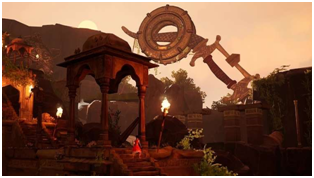
Very soon, the earth began to move because of Dhruv’s severe penance. Even the seat of Indra could not remain stable. A stampede resulted among the gods. The gods then hatched a conspiracy to disturb the penance.

Many RW Hindus with confused identity think that Hinduism accepts Atheists.
What do some of the Hindu sacred texts say on this topic? Let's see.

Shri Krishna was 100% clear on importance of Shaastras as we already know.

Shri Rama was also clear on what should be done to atheists.
Ayodhya Kanda of Valmiki Ramayana.
https://t.co/lbCkEkPobA

Maharaaj Manu on Atheists.

Bhagvan Ved Vyas Ji in Shanti Parva of Mahabharata said this to his son Shukadeva regarding Atheists.

If you don’t have a spiritual practice, this wouldn’t be the worst time to start one.
1/x
Hey, today I told my therapist that the adrenaline I\u2019ve been relying on for the past 10 months or so has kinda... run out.
— Erynn Brook (@ErynnBrook) January 31, 2021
He said he\u2019s been hearing that from like every other client this month, so if you\u2019re feeling that too, you\u2019re not alone.
Thread on why
This, from @LeeClf. Read the whole quote (from 1998 or therebouts.)
— Rabbi Danya Ruttenberg (@TheRaDR) June 2, 2020
"If we have never developed our religiousness -- that part of ourselves that involves our most powerfully transformative capacities -- it's as if we were walking around with one arm tied down....
Do yr spiritual practice. Even when you don't feel like it.
“Hardly does our head begin to ache than we stop going to choir, which won’t kill us either. We stay away 1 day bc our head ached, another bc it was just now aching & 3 more so that it won’t ache again.” Teresa of Avila
Ok: a spiritual practice. Something that you do regularly, and if you do it with the right intention, can transform your relationship to yourself, other people, the world and your place in it and (if this resonates with you) the divine.
Prayer. Meditation. But also: making art. Walks in nature. Going running, for some people. I wrote a whole entire book on parenting as a spiritual practice. Intention matters.
You don’t have to be religious to have one.

